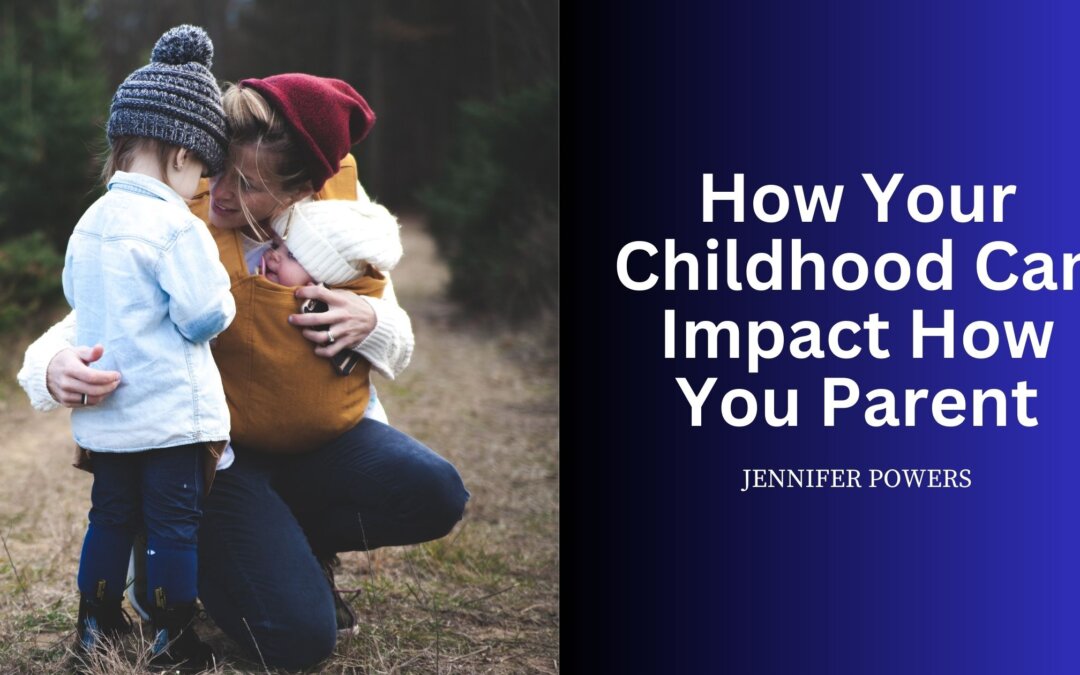As human beings, we are products of our environment, and our experiences during our formative years can profoundly impact our adult lives, especially when it comes to parenting. How we were raised often shapes how we raise our children, for better or worse.
Firstly, it’s essential to understand that our parents are our first role models. They are people we look up to and learn from growing up. If our parents were loving, supportive, and attentive, we would likely adopt similar parenting styles. On the other hand, if our parents are distant, critical, or neglectful, we may struggle to form healthy attachments with our children.
For example, if you grew up with emotionally distant parents, you may have learned to suppress and keep your emotions hidden. This can make it challenging to connect with your own children on an emotional level. You may struggle to express your feelings or understand and respond to your child’s emotions.
Similarly, if you grew up with parents who were overly critical or demanding, you may have developed an inner critic that is constantly judging and criticizing your parenting. You may feel like you can never do enough or be good enough for your children, leading to guilt and shame.
Another way our childhood experiences can impact our parenting is through attachment style. Attachment refers to the emotional bond that forms between a child and their primary caregiver. If a child’s needs are consistently met and they feel secure and loved, they are likely to develop a particular attachment style. This means they are comfortable with intimacy and can form healthy adult relationships.
However, if a child’s needs are not consistently met, they may develop an insecure attachment style. There are three types of insecure attachment: anxious-ambivalent, avoidant, and disorganized. Each attachment style can impact how a person parents their children.
For example, if you have an anxious-ambivalent attachment style, you may struggle with separation anxiety and be overly clingy with your children. You may worry that they will abandon you if you’re not constantly with them, leading to helicopter parenting and an inability to set appropriate boundaries.
With an avoidant attachment style, you may have difficulty forming close relationships. You may feel uncomfortable with intimacy and withdraw from others when things get too close or emotional.
Finally, if you have a disorganized attachment style, you may struggle with unresolved trauma from your childhood. This can lead to difficulty regulating emotions and responding appropriately to your child’s needs.
It’s important to note that our childhood experiences are not destiny. While they may impact how we parent, we can break the cycle of unhealthy parenting patterns with self-awareness and intentional effort.
One method is to seek therapy or counseling. Working with a therapist can help you explore your childhood experiences and how they may impact your parenting. You can also develop healthy communication skills and coping mechanisms to help you navigate parenting challenges.
Another way to break the cycle is to educate yourself about healthy parenting practices. Read books, attend parenting classes, and seek advice from trusted sources. Surround yourself with positive role models who can offer support and guidance as you navigate the ups and downs of parenthood.
Our childhood experiences can profoundly impact how we parent our children. However, with self-awareness and intentional effort, we can break the cycle of unhealthy parenting patterns and create a nurturing environment for our families. We can become the loving, supportive parents our children deserve by seeking therapy, educating ourselves, and surrounding ourselves with positive role models.
